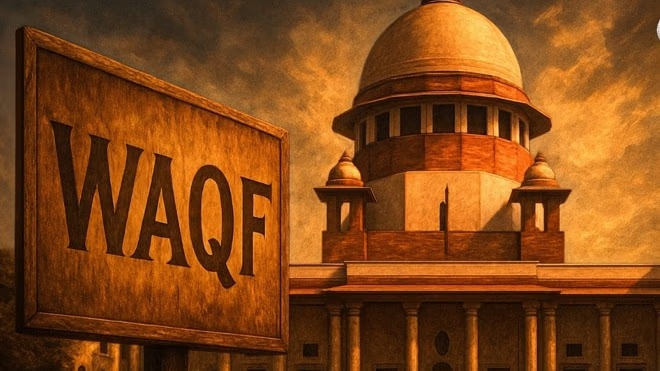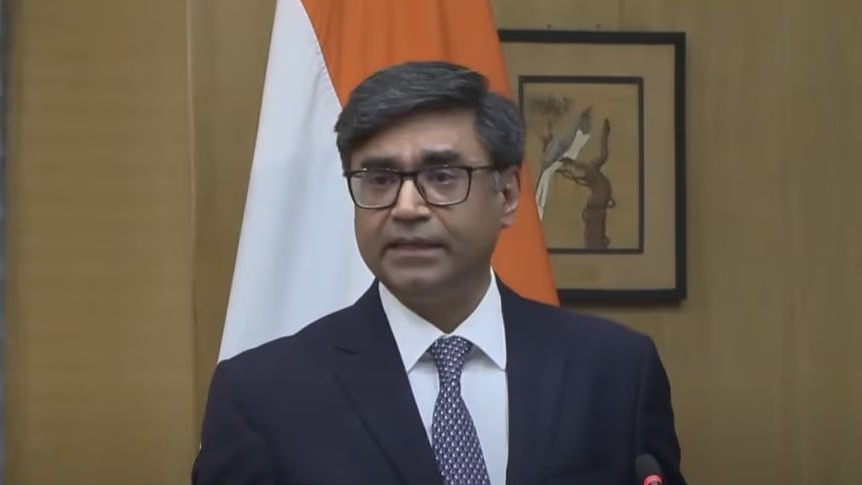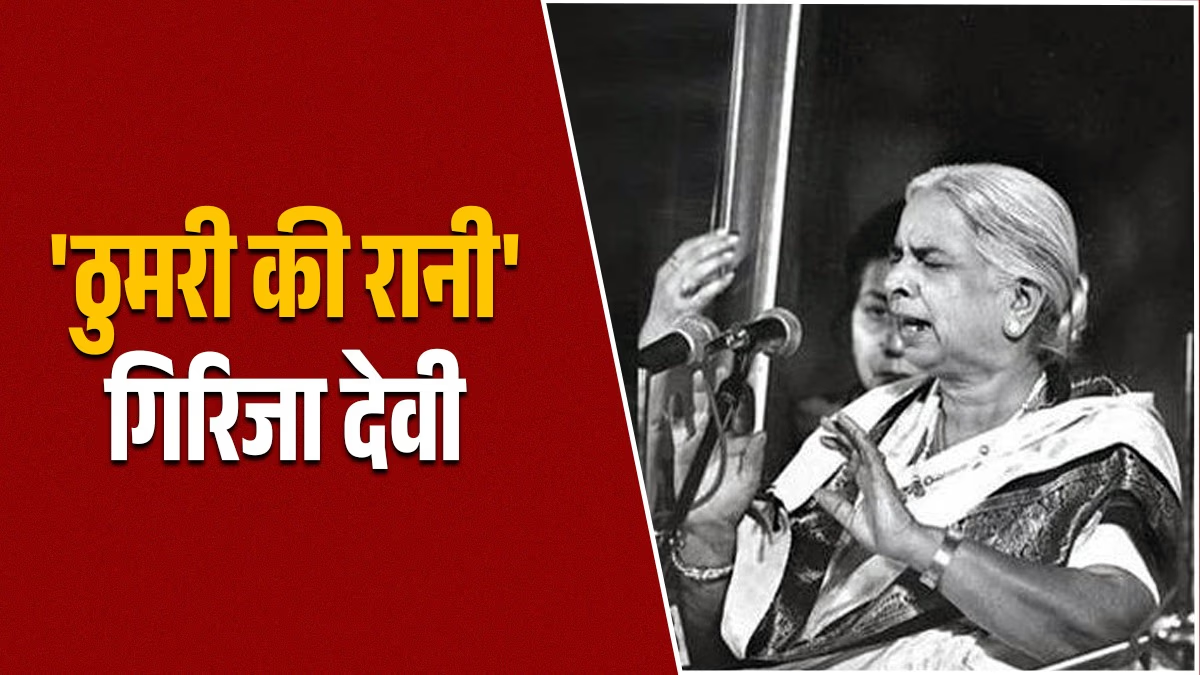The central government has submitted a counter affidavit on the Waqf Amendment Act. In its response filed in the Supreme Court, the government defended the law, emphasizing that for the past 100 years, Waqf recognition has been granted based on registration and not merely verbally.
The affidavit from the central government states that the Waqf is not a religious institution for Muslims but a statutory body. As per the Waqf Amendment Act, the duties of the mutawalli are secular and not religious. This legislation mirrors the sentiments of elected representatives who passed it with a majority.
The affidavit concerning Waqf, submitted by the central government to the court, insists that laws passed by Parliament are deemed constitutionally valid, particularly those formed after the recommendations of the Joint Parliamentary Committee (JPC) and extensive debate in Parliament.
The central government requested the court not to impose any interim stay on any provisions at this time. This amendment law does not interfere with anyone’s religious rights to establish Waqf. Changes have only been made to ensure better management and transparency.
It is notable that before this bill was passed, the Joint Parliamentary Committee held 36 meetings and received suggestions and memoranda from over 9.7 million stakeholders. The committee visited ten major cities across the country to gather public opinion firsthand.




